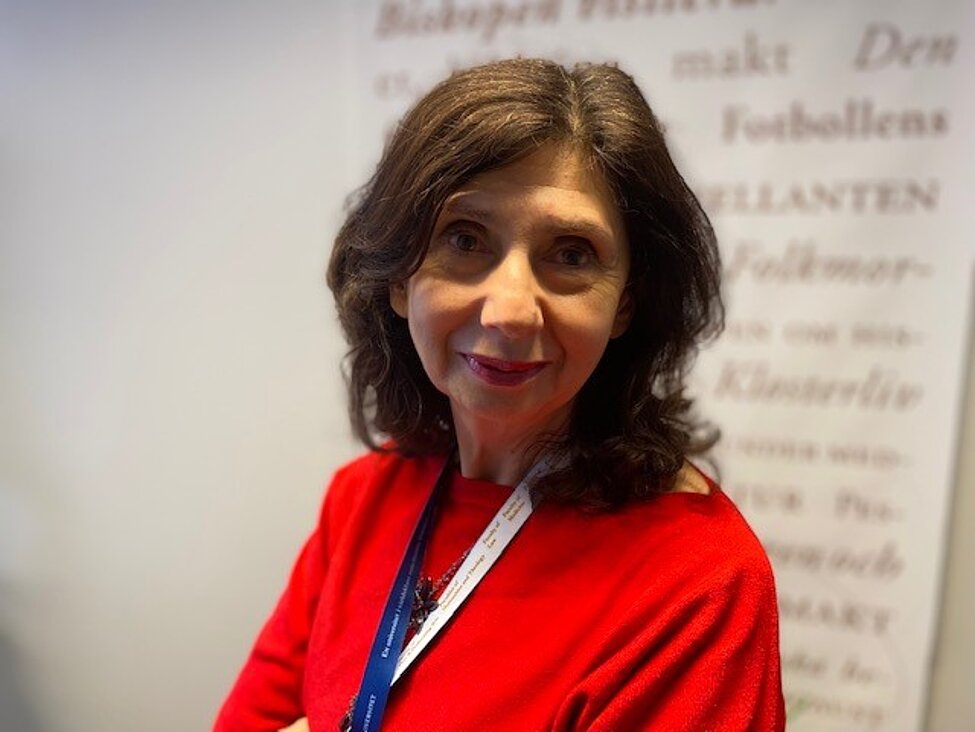Your research focuses on social and cultural history of Poland and East European Jews, the Holocaust and its memory in Europe as well as nationalism in Eastern Europe – and in particular individual and collective memories (the Holocaust), can you describe your research more in detail?
- Yes, I have been researching and teaching on nationalism, antisemitism and the Holocaust for more than twenty years. My first single-authored book, Poland's Threatening Other: The Image of the Jew from 1880 to the Present (English edition 2006, Polish edition 2015), is a study of the history of anti-Jewish tropes in Poland from the rise of modern Polish ethno-nationalism in the late nineteenth century until the early 2000s. In this monograph, I researched ideological, cultural, emotional and symbolic aspects of modern Polish exclusivist ethno-nationalism and their role in the formation of collective identity, as well as their role in anti-Jewish violence before, during and after the Holocaust.
In my current research on antisemitism, I am interested in how antisemitic tropes and discourses in different countries of post-communist Europe and beyond have been permeating the current memorialization of the Holocaust and have produced their own prejudicial narratives against the Holocaust and its remembrance – that I call “remembering to forget”. This research is a direct continuation of a previous work with my Canadian colleague, Prof. John-Paul Himka of Alberta University, Canada, with whom I wrote, the collection of essays, Bringing the Dark to Light: The Memory of the Holocaust in Post-communist Europe, (July, NUP, 2013). In this book, we examined the diverse and dynamic ways in which the Holocaust had been remembered in all the post-communist countries between 1989 and 2010, and how the difficult past in relations towards Jewish minorities have influenced the political discourse, historiography, education, and cultural representations in these countries.
- I look forward to working with my colleagues at Lund University, Professors Henrik Rosengren, Per Anders Rudling and Ulf Zander, among others, on the difficult aspects of the memorialization of the Holocaust in Europe and beyond in the post-2010 period that is characterized by the increased levels of right-wing and left-wing antisemitism.
- I have also been researching for the last twelve years the history of Jewish childhood during and in the aftermath of the Holocaust: the issues of social identity and the reconstruction of Jewish family through the children’s lenses. In my most recent publication in Polish, Piętno Zagłady: Wojenna i powojenna historia oraz pamięć żydowskich dzieci ocalałych w Polsce (Collection of essays on Jewish childhood during and in the aftermath of the Holocaust, Warsaw, Jewish Historical Institute, 2020), I examined how Jewish children’s early postwar testimonies written “nearby and from the bottom” complicate standard histories of rescue and survival in the history of the Holocaust. In my forthcoming publication of essays on Jewish childhood in Poland to be published in English and German, I also examine the experiences of children who were offspring of ethnically mixed Jewish and non-Jewish Polish couples during and in the aftermath of the Holocaust, and the post-1945 public representations of Jewish child survivors showing the persistence of the narratives of renewal and sentimentalization in the depiction of these child survivors from 1945 to the present.
- I am delighted to know that Prof. Lina Sturfelt and other colleagues in the Department of History and Human Rights at Lund University specialize in the history of children and childhood in the modern era, and look forward to learning from their research and co-organize workshops and research projects on children and childhood in the twentieth century and beyond.
My research on Jewish child survivors is connected to my other current research on the history and memories of rescuers of Jews in Poland, More Than The Milk of Human Kindness: Jewish Survivors and Their Polish Rescuers Recount Their Tales, 1944-1949. This project offers a fresh contribution to the study of different types of rescuers and ambivalence of goodness that speaks beyond the Polish society’s case in the Second World War and thus could foster further comparative research on the postwar representations of rescue of Jews across Nazi-occupied Europe. It has been supported by Gerda Henkel Foundation.

